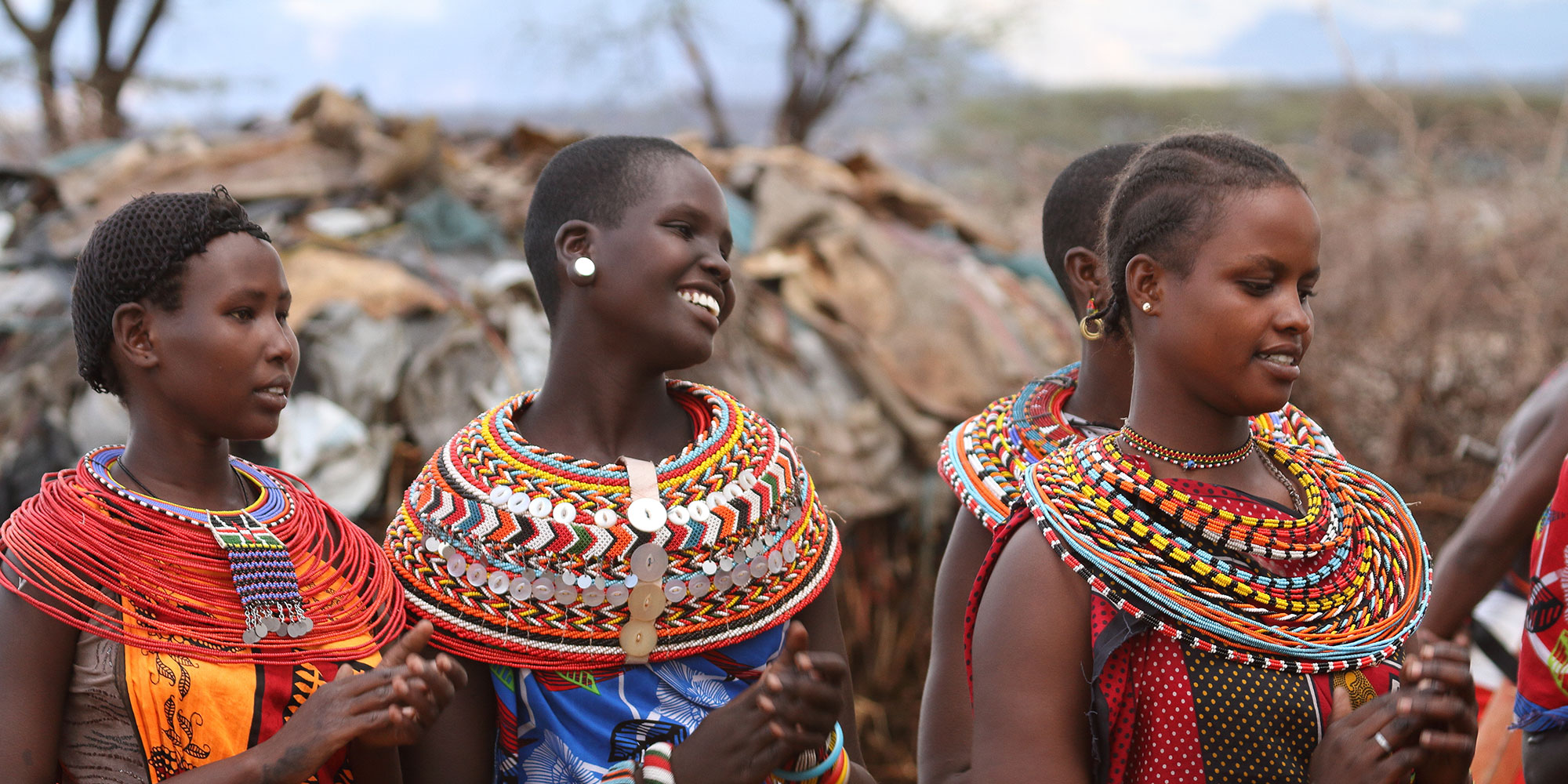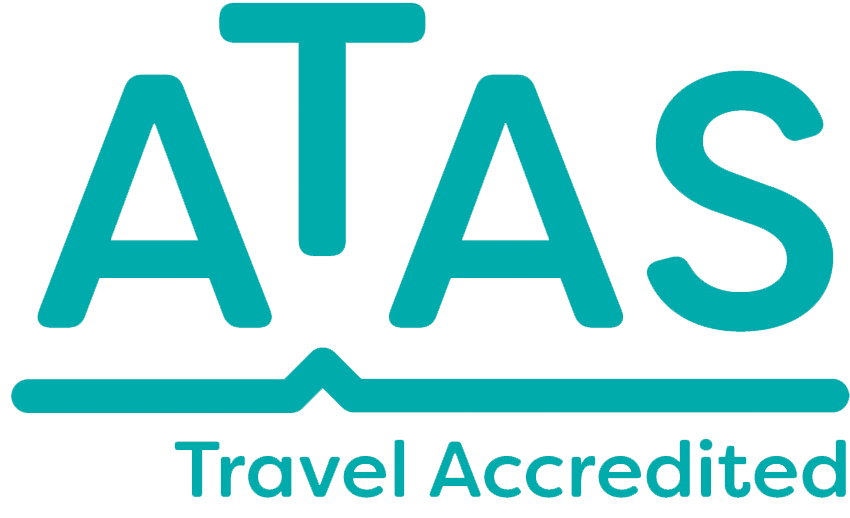- 1300 761 980

Prior to landing in your African destination, it’s a good idea to learn a few words of the country’s native tongue. Africa is made up of 52 different countries so it’s good to know that English is widely spoken. However, just because some people in Africa do speak English, there are over 100 million speakers nationwide. Therefore, learning a few phrases in Kiswahili (the most widely spoken language in Africa) will be very much appreciated by the locals.
It can be either; Swahili is the English translation of Kiswahili, just like French is the English translation of Français
Kiswahili dates back to the early days of trade, along the East African coast. It was the language of communication between the Arab sailors and the local Bantu tribes. For centuries, Swahili remained a coastal language. In fact ‘Swahili’ is originally an Arabic word meaning ‘the coast’.
Kiswahili is the official language of Tanzania and Kenya. Other Swahili speaking nations include Uganda, Rwanda, Burundi, southern Somalia, Ethiopia, Sudan, northern Mozambique and the Comoros Islands.
Learning Swahili is rather simple compared to most other languages because its pronunciation is phonetic:
A – ah
E – eh
I – ee
O – oh
U – oo
There are minor variations in the language as it crosses borders, however the differences are hardly noticed amongst the locals.
When greeting your guide or other locals, use:
“Jambo” meaning “Hello”,
You can follow “Jambo” with:
“Habari gani?” meaning, “how are you?”
To respond to “Habari gani?” there are a few simple responses you can learn:
“mzuri sana” meaning “very good”
Or just “mzuri” meaning “fine/good”
To say “thank you”, you would say “asante”, meaning “thank you”
Or “asante sana” meaning “thank you very much”
To say “you’re welcome” use “Karibu”.
More useful words on safari are:
“Ndiyo” meaning “yes”
“Kwaheri” meaning “good bye”
“hapana” meaning “no”
“rafiki” meaning “friend”
In addition to the above, try impressing your guide with a Kiswahili repertoire of animal names:
“Simba” – Lion
“Duma” – Cheetah
“Chui” – Leopard
“Kiboko” – Hippo
“Tembo” – Elephant
“Nyati” – Buffalo
“Twiga” – Giraffe
Now that you know some useful key phrases and animal names in Swahili, you’re ready to step foot in an African destination for your unforgettable safari journey.
Finally we say:
Kufurahia – Enjoy
And
Hakuna Matata – Wishing you no worries for the rest of your days
Suite 2, 1st Floor
261-271 Wattletree Rd
Malvern VIC 3144



For tailor-made itineraries or enquiries…